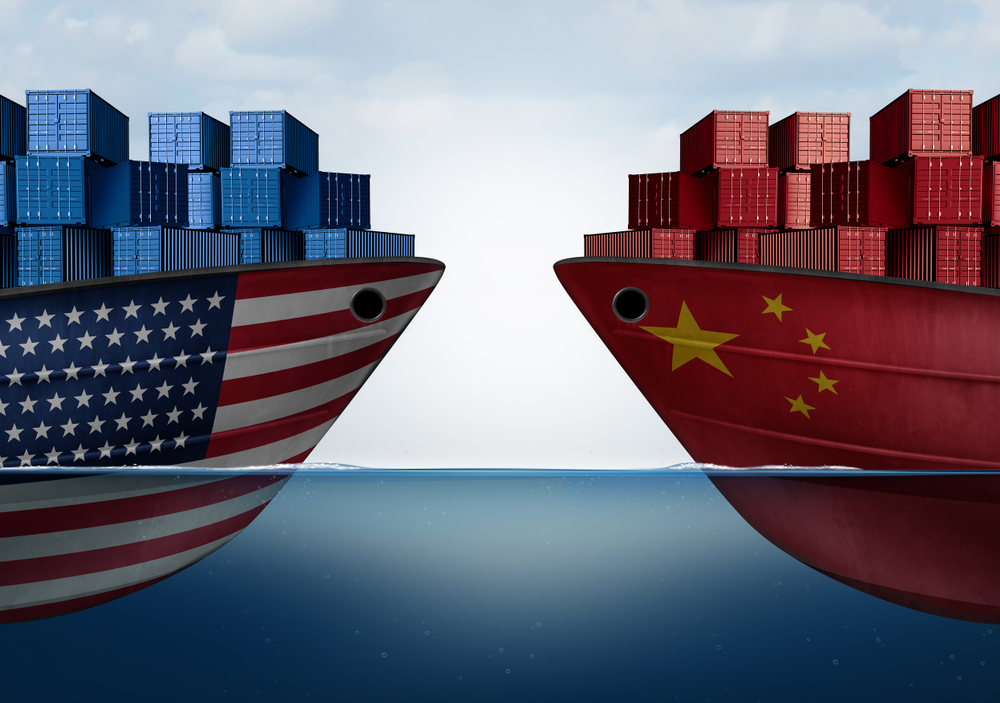China Records Highest Ever Trade Surplus with the US Despite Trump’s Efforts

According to data provided by Beijing on Monday, China recorded a record-breaking trade surplus with the United States in 2018. The data reveals that China achieved a trade surplus of $323.3 billion, which is the largest trade surplus in more than a decade. This marks a 17.2% increase from 2017 figures, which stood at $287.5 billion.
The data also unveiled a 3.5% drop in total exports from China to the U.S. in 2018, which stood at $40.3 billion. Amongst other things, the Trump Administration-imposed tariffs on various Chinese goods are suspected of being responsible for the drop.
Customs data revealed that exports from China rose by 11.3% in 2018, with $478.4 billion. Conversely, imports from the United States to China only saw a 0.7% increase. In a way, this seems to reflect the retaliatory efforts from Beijing over the tariffs. Citizens were encouraged to purchase more locally-manufactured products, while importers were advised to patronize non-U.S. suppliers.
The Trade War Could Get Worse

Back in 2018, the United States imposed tariffs worth billions of dollars on Chinese products. This prompted retaliation from Beijing and resulted in an ongoing trade war that is damaging the global economy.
Representatives from both countries are currently in the midst of negotiations, which started on December 1st. In the meantime, tariff hikes have been mutually suspended for 90 days while talks are ongoing. U.S. Representative Robert Lighthizer has set a March 1 deadline to reach a deal with China.
Failure to reach an agreement by that time will see Washington raise tariffs yet again. This time, tariffs could go from 10% to 25%, covering $200 billion worth of Chinese goods.
More Pressure on Beijing
Despite the trade war, exports to the U.S have continued to grow in double digits. However, analysts believe that American orders will decline when the tariff’s effects start to hit. This is adding to the mounting pressure on the Chinese government to reach an agreement with the U.S., especially at a time when the Communist Party is also looking to stop an economic slowdown.
Speaking at a news conference, Liu Kuiwen, a customs agency spokesperson, said:
“The external environment is still complicated and severe.”
Li also highlighted dangers including reductions in cross-border investment, a possible global economic slowdown and “protectionism and unilateralism.”
Featured image from Shutterstock.